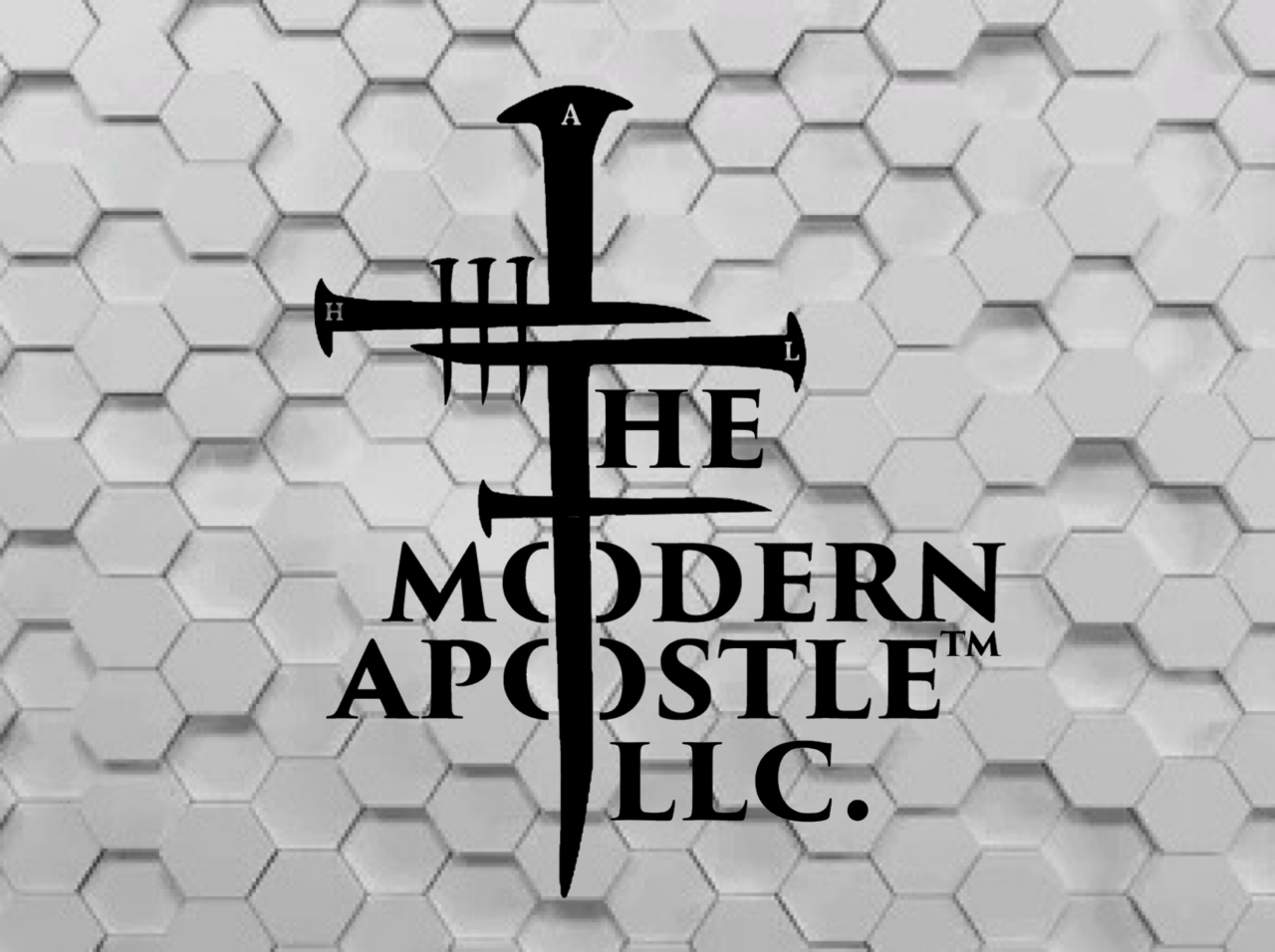Faith and the Founding
- Modern Apostle
- Jul 7
- 2 min read

Christianity played a significant role in shaping the founding of the United States, influencing the values, laws, and culture of the early colonies. Many of the first settlers, such as the Pilgrims and Puritans, were driven by a desire for religious freedom, fleeing persecution in Europe to establish communities where they could worship according to their beliefs. The Mayflower Compact, signed in 1620, explicitly referenced their undertaking “for the Glory of God, and Advancement of the Christian Faith.” This religious motivation laid the groundwork for a society that prioritized moral and ethical principles derived from Christian teachings, even as the colonies grew more diverse.
The Founding Fathers, while varied in their personal beliefs, often drew upon Christian principles when crafting the nation’s foundational documents. The Declaration of Independence, for instance, references “the Laws of Nature and of Nature’s God” and asserts that all men are “endowed by their Creator” with inalienable rights. These ideas reflect a worldview shaped by Judeo-Christian thought, emphasizing the inherent dignity of individuals and the moral basis for governance. While not all founders were devout—some, like Thomas Jefferson, leaned toward deism—they operated within a cultural framework where Christian ethics, such as justice and charity, were widely accepted as societal ideals.
Christianity also influenced early American institutions, from education to law. Harvard, Yale, and Princeton were founded as religious institutions to train clergy and educate citizens in a Christian moral framework. Colonial legal codes often drew from biblical principles, with laws against blasphemy or Sabbath-breaking reflecting the centrality of faith in public life. The Constitution ensured religious liberty through the First Amendment and Christian influence remained evident in the moral underpinnings of concepts like checks and balances, which acknowledged human imperfection—a nod to the Christian doctrine of original sin.
However, the founders were careful to balance this influence with a commitment to religious pluralism. Figures like George Washington and John Adams emphasized the importance of religion for a virtuous society but advocated for tolerance to prevent the religious conflicts that had plagued Europe. This balance allowed Christianity to shape America’s moral and cultural foundation while fostering a system where diverse beliefs could coexist. The legacy of this influence endures in the nation’s values of liberty, justice, and individual rights, which continue to reflect the Christian roots of its founding.
As Speaker Mike Johnson pointed out during a speech from the floor of the House of Representatives "See, we are the first nation in the history of the world that acknowledged our rights do not derive from government, they come from God." Above the Speaker’s dais in the House, it says “In God we Trust” the reason being, "We're different. We're distinct. We're exceptional, because we acknowledge that right there”
God Bless,
Sergio Hruszko, CLO
The Modern Apostle LLC.








Comments